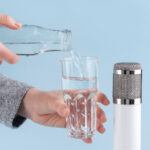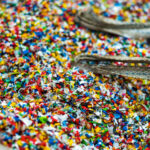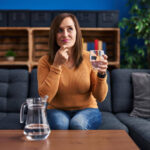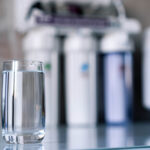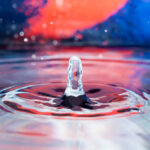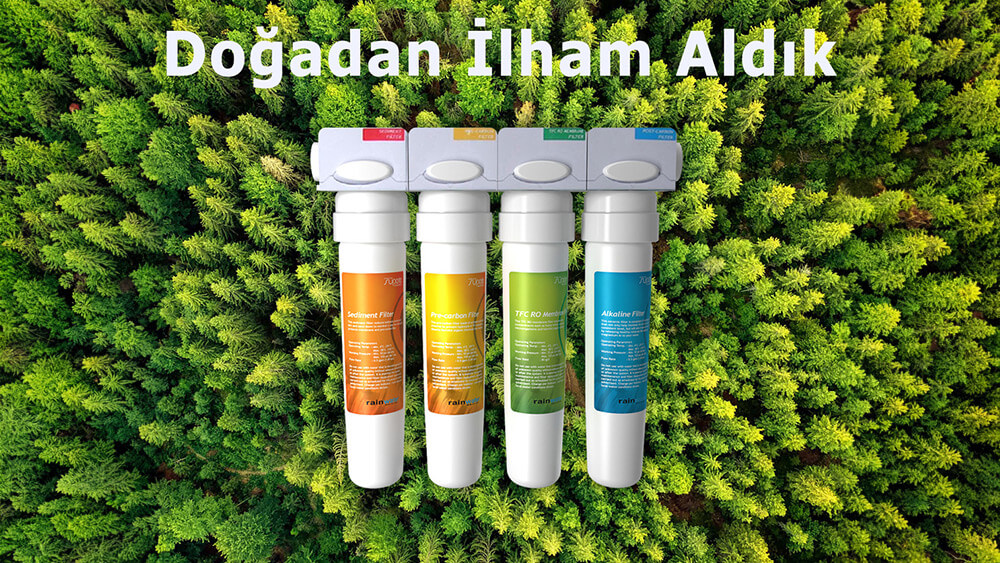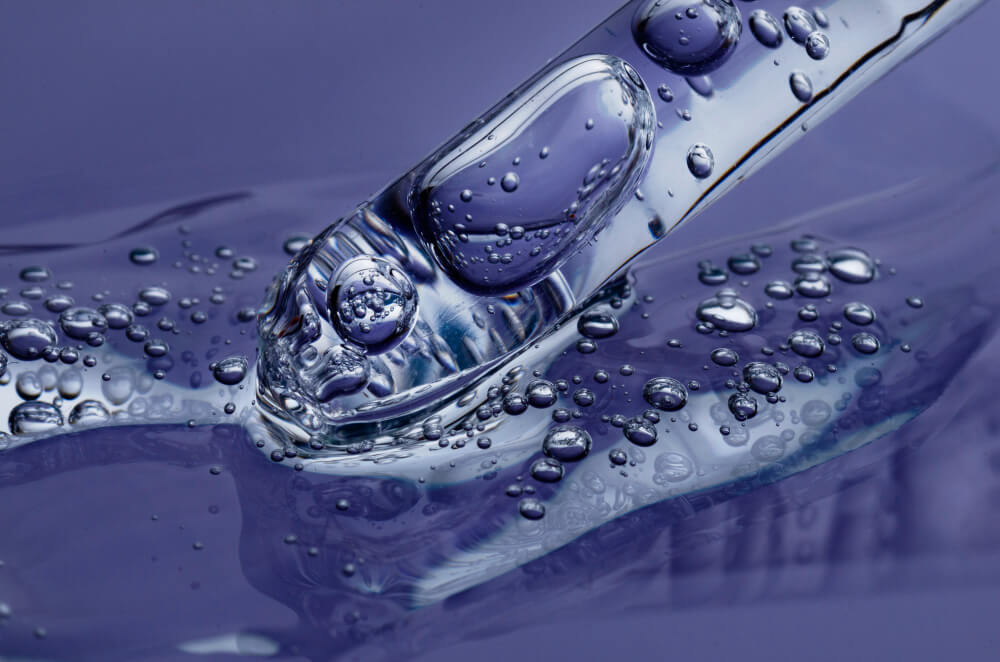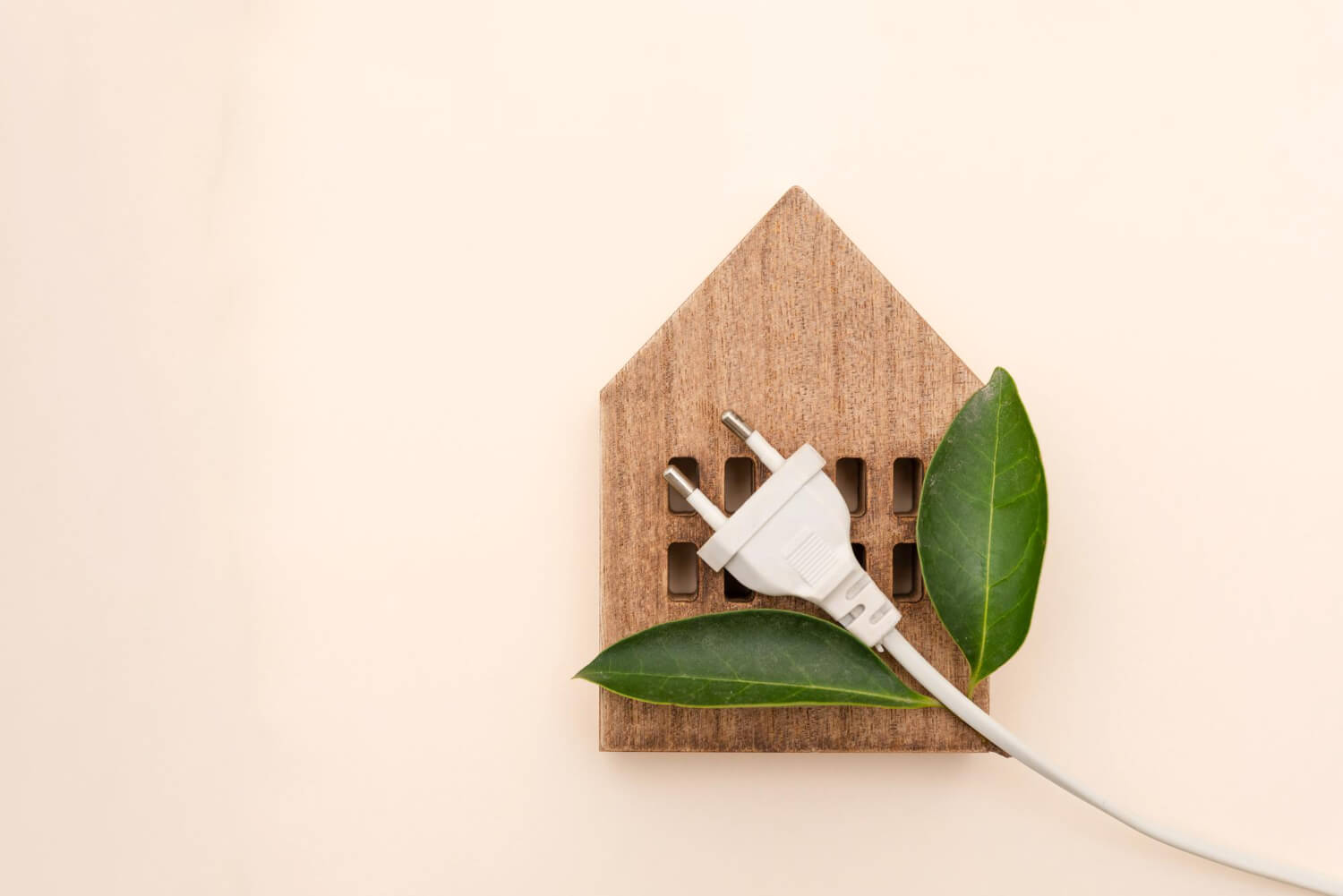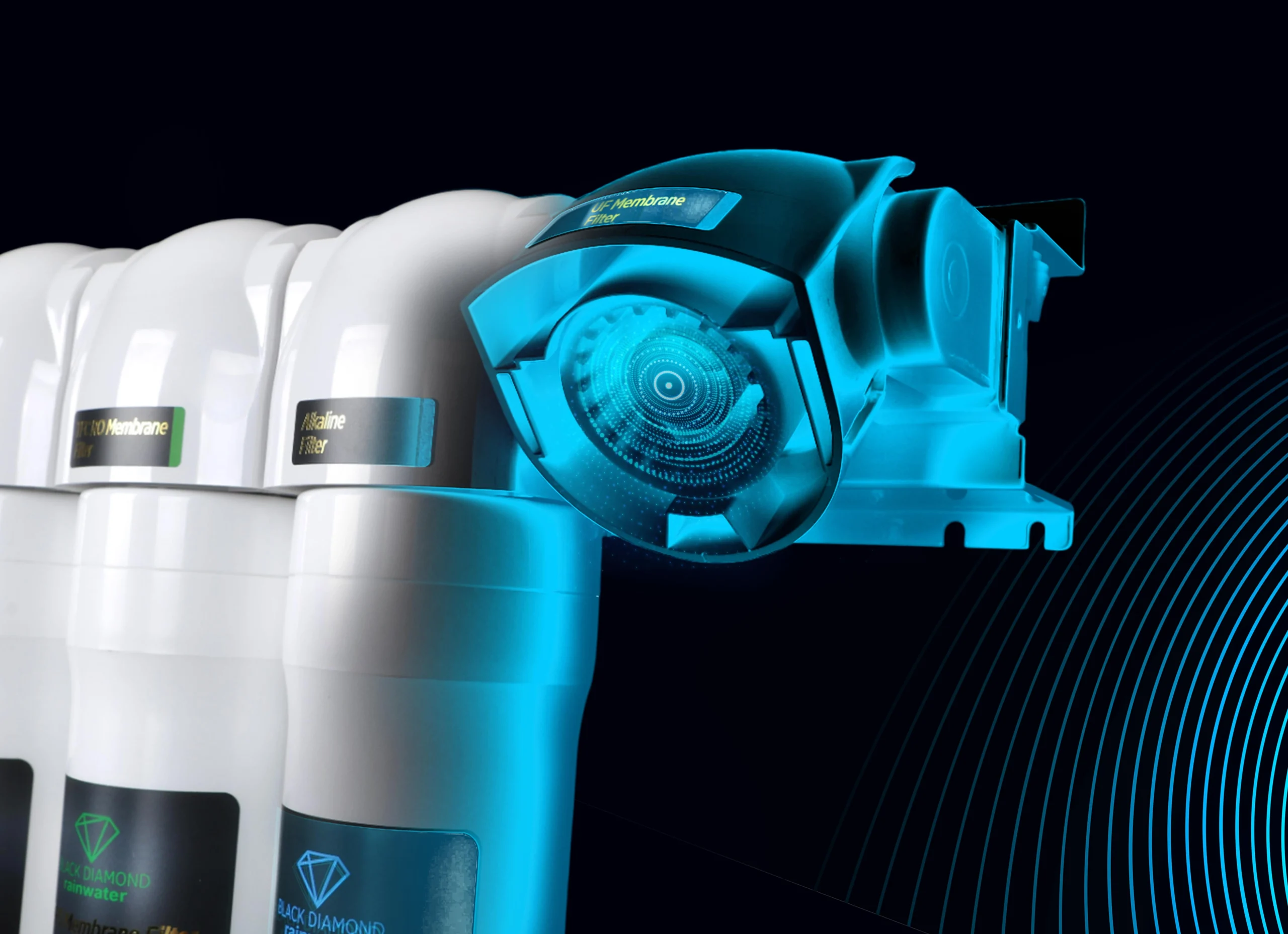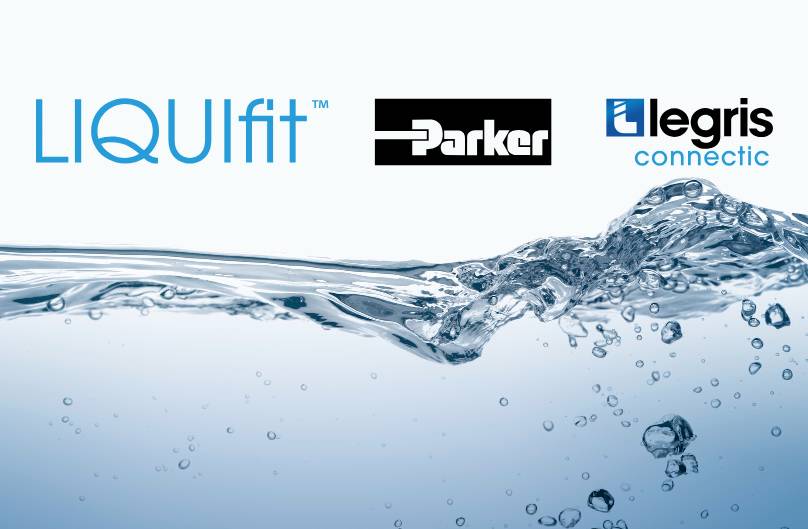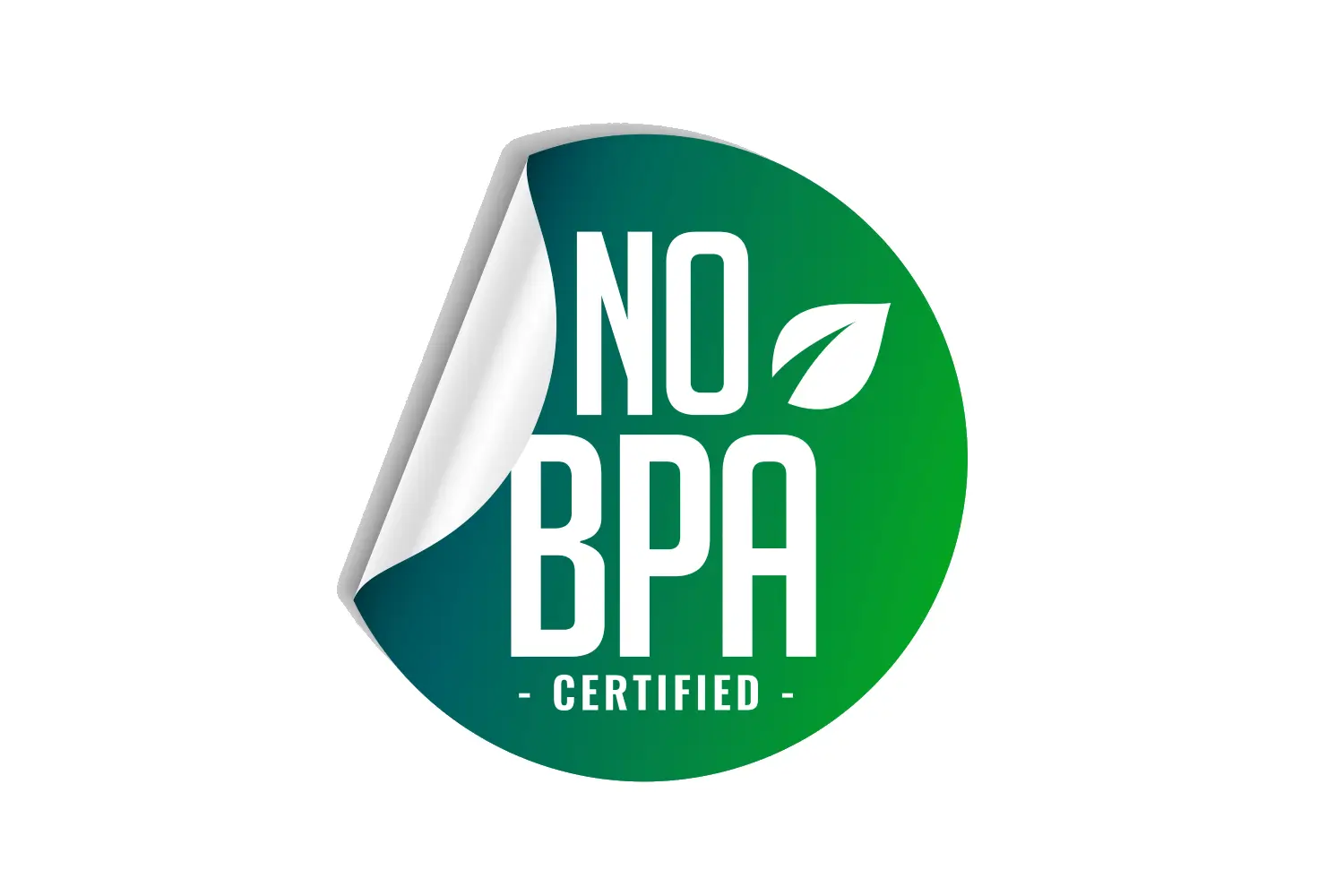Water consumption is as important as nutrition for healthy growth of babies. Although breast milk is the main source of nutrition in the first months, the need for water increases with additional foods in the following periods. At this point, one of the most curious questions asked by parents is “How should the water that babies drink be?“. Because the quality of water has a direct effect on both digestion and general immunity.
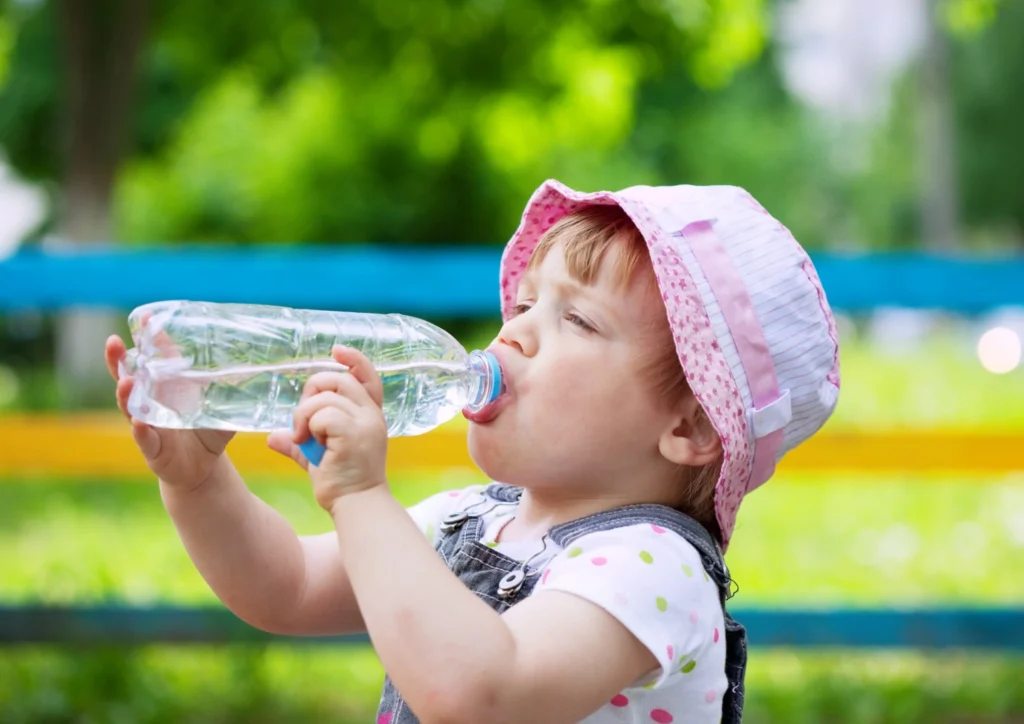
Importance of Water Consumption in Babies
The body of babies consists of more water than adults. For this reason, water loss is experienced faster and this loss can cause serious health problems in babies. Especially in hot weather, when babies sweat more, the need for fluid becomes even more important. Consuming the right amount of water contributes to the healthy functioning of the kidneys and the regulation of metabolism.
Experts recommend that babies who start supplementary food after the 6th month consume water, even in small amounts. Water given with breast milk or formula helps the intestines to work more regularly.
Consuming enough water as a baby also aims for the baby to gain regular fluid consumption habits in later ages. This habit acquired at an early age is also reflected in the lifestyle of children. Another question that is wondered here is “How should the water that children drink be?” . Because unhygienic water can strain the sensitive immunity of children as well as babies.
Water consumption is important not only for physical but also for mental development. It can be easily said that water is not only a necessity but also one of the most basic building blocks of healthy life. Water must have a place in the daily fluid intake of babies and parents should act consciously in this regard.
How Should Safe Drinking Water for Babies Be?
The first requirement is that the water given to a baby must be safe. Tap water can often contain various microbiological risks. Therefore, it is not recommended to give it directly. If tap water is to be given, it should be boiled or purified. Since boiling also destroys useful minerals, the option of purified water should be considered.
Safe drinking water should be clear, odourless and additive-free. It should not contain heavy metals and the mineral balance should be suitable for baby health. Especially when asked for their opinions on “How should the water that babies drink be?” , experts advocate that the water should be mineralised but not too hard. Because excessive mineral load can be tiring for babies’ kidneys.
When giving water to babies, packaged baby water can be preferred. Boiled and cooled water at home is also one of the safe options. However, since the mineral balance of the water will be disturbed during the boiling process, purified water is always one of the safest choices.
The most important thing for parents to remember is that the water supply must always be clean and safe. Choosing safe water is important not only for immediate but also for long-term health.
How Can You Encourage Your Child to Drink Water?
Babies who start supplementary food should gain the habit of water consumption. Children sometimes do not want to drink water and this may worry parents. The correct guidance of parents is very important here.
Talk about the Importance of Water
You can tell your child about the benefits of water in small sentences. It is useful to tell him in a language he understands that water energises the body.
Talking about the place of water in nature is an effective method to feed children’s sense of curiosity. Such explanations also reinforce the question“What kind of water should children drink?“in daily life.
Prepare a Water Drinking Schedule
You can encourage your child to drink water at certain times of the day so that he/she gets into the habit of drinking water regularly. It can be fun to prepare a small table and paint the inside of each glass he drinks. In this way, he perceives it as a game and learns to drink water regularly without realising it.
Use Colourful and Fun Cups
Using patterned cups that will attract children’s attention makes drinking water attractive. Glasses with cartoon characters that the child likes or colourful drinkers can be preferred. This method makes drinking water fun and helps them meet their daily needs.
Ultimately, it is only through the creativity and patience of parents that children can get into the habit of drinking water. Small methods have a big impact and the child opens the door to a healthy life at an early age.
Boiled Water or Purified Water? Which is Safer?
How to prepare water for babies is a frequently asked question. Boiling water destroys the vast majority of germs and makes it safe. However, when water is boiled for a long time, the mineral balance of the water is disturbed and this can be negative for baby health.
Purified water is cleaned by passing through filtration systems. Modern water purifier removes harmful substances in the water while preserving some of the beneficial minerals. This aspect is seen as a practical and reliable option. It should be noted that regular maintenance of the purifier is required.
Experts often state that both methods are safe under certain conditions. If boiling is done for the right amount of time, it becomes safe, but this is difficult to regulate. If a water purifier is used, the filters should be checked at regular intervals.
In short, as long as the safety of the water is ensured, it may not make a difference for the baby whether it is boiled or purified. The important thing is that parents act consciously and carefully. However, since boiling takes time and disrupts the mineral balance, it will be much more beneficial in the long run to examine Rainwater treatment systems.
What are the Symptoms of Dehydration in Babies?
The body structure of babies needs more water than adults. For this reason, signs of dehydration appear in a short time and should be recognised early. Although breast milk or formula meets the fluid need in the first months, water consumption gains a special importance in babies who switch to supplementary food. There are some signs that parents should carefully observe.
- Dry lips and mouth:One of the first symptoms noticed whenbabiesneed water is cracking lips and dry mouth. This can make it difficult for the baby to feed comfortably.
- Decreased urine and dark urine:Indehydratedbabies, the amount of urine decreases and its colour darkens. Prolonged dry diapers are an important warning to parents.
- Restlessness and excessive crying:Restlessness increases in babies who cannot meet theirwaterneeds. Unreasonable crying crises are one of the most obvious indicators of thirst.
- Skin Pallor and Loss of Elasticity:The skin of babies who do not getenoughwater may look pale. The late return of the slightly pulled skin is also a sign of fluid loss.
- Loss of appetite and fatigue:In babies experiencingdehydration, the desire to eat decreases. Fatigue can be observed with low energy.
If one or more of these symptoms are seen in infants, attention should be paid to fluid intake and a doctor should be consulted if necessary. Early recognition of dehydration is one of the most important steps to protect the baby’s health.
It is of great importance that the water given to babies is safe and hygienic. Parents should be conscious about water selection and encourage their children to consume water regularly. The importance of safe water for healthy generations should not be forgotten. At this point, Rainwater, which is among the products obtained from natural and reliable sources, is one of the brands that parents can choose.

 TR
TR
 Blog
Blog 
